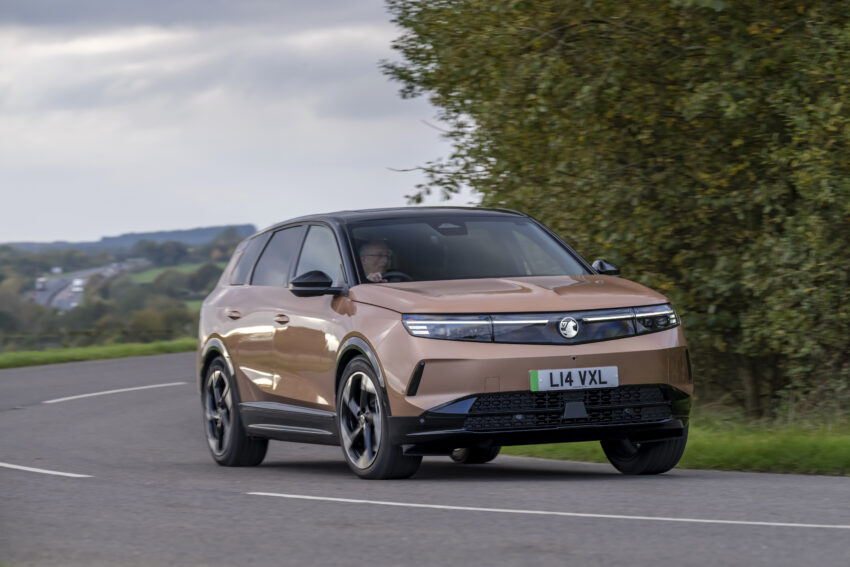Vauxhall Grandland Electric price slashed by almost £5,000
Vauxhall has dropped the price of its Grandland Electric as it looks to entice more private buyers.
Prices have been cut across all trim levels of the Ford Explorer rival, resulting in savings of up to £4,700 just weeks after the car was launched.
The reductions mean the Grandland Electric Design now starts at £37,345 – a £3,650 drop over its launch price.
The mid-tier GS – the predicted best-seller – has been reduced by £4,650 to £38,495, while the top-of-the-range Ultimate has dropped £4,700 to £40,495.
The changes to the Grandland price mean that the Design and GS trims now fall below the £40,000 threshold for the expensive car supplement. This additional tax is due to be applied to new EVs from April 2025, adding £410 per year for five years, on top of the standard vehicle excise duty.
Vauxhall estimates that by avoiding the ‘luxury car tax’ the Grandland Design and GS could save drivers £40 a month in tax costs over a typical four-year ownership cycle. That assumes the tax is applied as planned, but the government has hinted that it might be reconsidering the price at which EVs become liable for the additional duty.
While the Grandland EV has been reduced in price, the hybrid variant remains unchanged, meaning the gap between the all-electric and plug-in versions has narrowed to as little as £1,845.
Vauxhall has made several aggressive pricing moves in recent months to boost sales of its EVs, including launching more affordable special editions of the Corsa and Astra, and reducing prices on other trim levels.
In August it also became the first brand to announce list price parity across powertrains, with the upcoming Frontera starting from £23,495 for both petrol hybrid and electric versions.
The latest changes appear to be more evidence of car makers taking drastic action to boost private retail sales of their EVs in a tough market. While EV sales continue to grow in the UK, figures from the SMMT show that the majority are still fleet and business sales.
Stimulating private interest is seen as a key element in manufacturers reaching tough EV sales targets set under the ZEV mandate.






